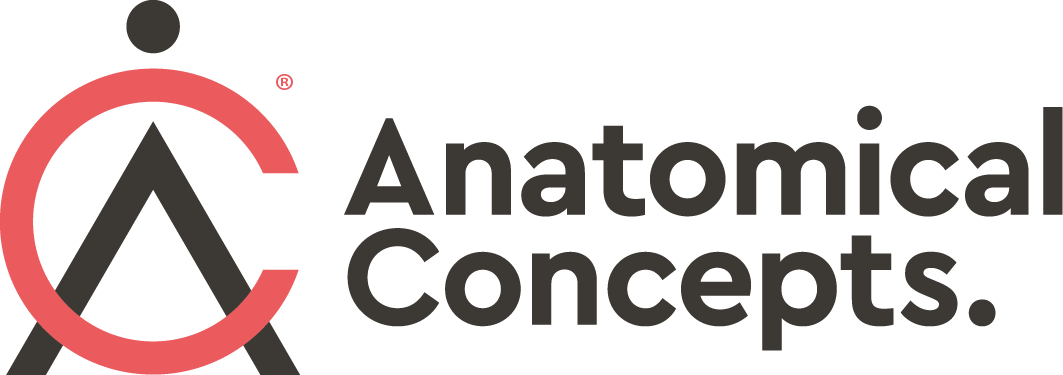Articles
Filter by Topic
- Adaptive Sport 1
- Artificial Intelligence 1
- Bike Labyrinth 3
- Bone density 1
- Brachial Plexus 1
- Bridging the Gap 1
- Bridging the Gap 1
- Carbonhand 4
- Cardiovascular 1
- Client Stories 4
- Cognition 1
- Company Updates 3
- Decision Making 1
- Dementia 1
- Denervation 22
- Diabetic Foot 12
- Efficiency 1
- Electrotherapy 27
- Exercise Benefits 28
- FES Cycling 13
- Fatigue 1
- Functional Electrical Stimulation (FES) 58
- Gait 2
- Goal Setting 5
- Grip 3
- Healthspan 2
- Indego 13
- Lifestyle 8
- Lower Motor Neuron 1
- Mobility 17
- Motivation 2
- NMES 2
- Nerve injury 1
- NexStride 1
- Occupational Therapy 1
- Orthotic 15
- PRAFO 22
- Pain 6
- Parkinsons 2
- Pressure Ulcers 10
- Product Updates 7
- RISE Stimulator 10
- Safety 2
- Sponsor 1
- Standing 4
- Stim2Go 4
- Stimulette den2x 5
- Support 1
- TENS 1
- Technology 17
Article Length
- 1 minute read 3
- 10 minute read 10
- 11 minute read 7
- 12 minute read 7
- 15 minute read 8
- 18 minute read 1
- 19 minute read 1
- 2 minute read 4
- 26 minute read 1
- 27 minute read 1
- 28 minute read 1
- 3 minutes read 9
- 4 minute read 34
- 5 Minute read 12
- 6 minute read 6
- 7 minute read 15
- 8 minute read 6
- 9 minute read 3
- FES 2
- FES Cycling 1
- FoG 1
- PRAFO 1
- Seven Minute Read 1
- Stim2Go 1
- awareness 1
- carbonhand 2
- cognitive 1
- cues 1
- freezing gait 1
- freezing of gait 1
- gait 1
- neurological 1
- neuroplasticity 1
- nexstride 2
- occupational therapy 1
- occupational therapy day 1
- orthopaedics 1
- orthotic 1
- parkinson's 1
- pressure 1
- pressure relief 1
- prevention 1
- rehabilitation 2
- stroke 1
- tSCS 1
- ulcers 1
- world stroke day 1
Hope on the Horizon: The Challenging Journey of Stroke Recovery in the UK
The challenge of providing effective and affordable rehabilitation for stroke survivors in the UK, and indeed globally, is multifaceted. It involves the development, availability, and cost of safe and effective technology and services. We can't take the development of new medical technology for granted. The time and cost of taking an idea forward and creating a product are becoming increasingly significant. Developers of such technology need to imagine making a return on their investment, and this needs more than the assurance of a clinical need - it takes someone willing to pay.
Stroke is a significant global healthcare challenge affecting millions, but this alone will not drive technology development unless there is a likely path toward a return on investment. This article considers the challenge of supporting stroke survivors in their recovery journey when resources seem lacking. We point to some products we loved that never developed sustained sales and some that might.
Monthly Client Drop In!
Find out more information and upcoming dates for our FES drop-in sessions. Open to all our clients, this is a an easy way to ask for a little support, motivation or ask that question you keep fogetting about!
A Beginners Guide to FES Cycling
Interested in learning more about FES Cycling before making a formal enquiry? We know sometimes it’s good to have all the information before making an approach. Discover our upcoming webinars and what they over.
6 Part Lunchtime Webinar Series - Electrical Stimulation for Denervated Muscle
In six, succinct, Thursday lunchtime sessions, we will explore how electrical stimulation techniques can enhance the well-being of individuals with denervated muscles. Whether caused by peripheral nerve injuries or lower motor neuron damage in the spinal cord, forms of electrical stimulation can reverse some of the physiological consequences of denervation.
Why your NMES product probably doesn't work with denervated muscle.
It's not unusual for us to receive a call from a client with a spinal cord injury or a peripheral nerve injury who has been trying to use a handheld NMES (a form of Functional Electrical Stimulation) product and can't seem to produce a muscle contraction. The reason is likely because the muscle is denervated, and the NMES unit is unsuitable for that application. This article will explain why these units will not be suitable when denervated muscles are present, especially if it has been some time since the injury.
FES Cycling and cardiovascular fitness following a spinal cord injury?
The effects of a spinal cord injury (SCI) vary depending on the neurological level of the damage and the extent of neural traffic interruption at the site of the lesion. Common primary effects may include paralysis and loss of sensation in the legs, arms, and trunk, as well as disruptions in bladder and bowel function and the regulation of blood pressure, heart rate, and lung function. In this article, we will look at this topic in detail and how FES Cycling can help persons following a spinal cord injury maintain fitness with a particular focus on cardiovascular function.






